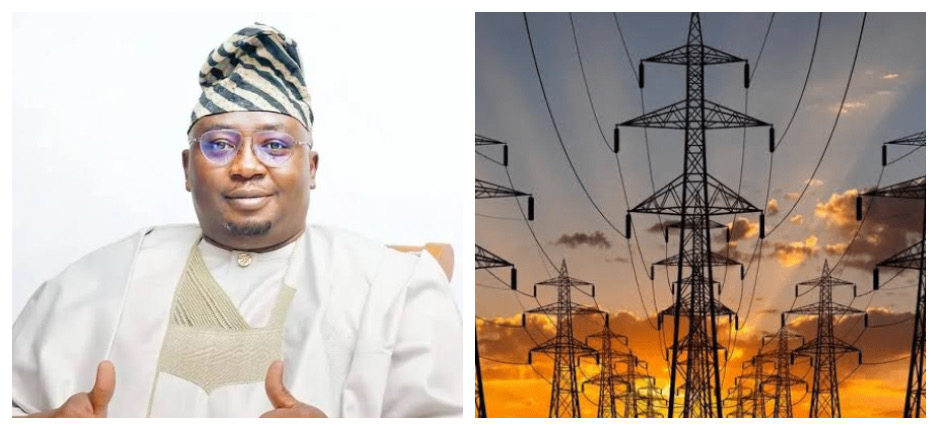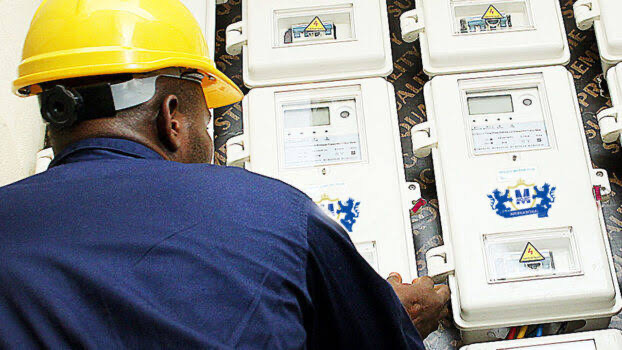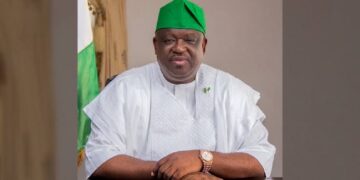The Federal Government has recently approved a significant 50% subsidy for electricity used by public hospitals across the country. This decision comes after a pledge by the Minister of Power, Adebayo Adelabu, to reduce electricity costs for public hospitals and universities, including those on Band-A feeders, which typically face higher tariffs.
The approval of this subsidy is a response to ongoing financial pressures faced by these institutions. The timing of this decision is notable, as it follows a recent incident where the Eko Electricity Distribution Company (Eko DisCo) disconnected the University of Lagos from the power supply due to outstanding electricity bills. This action occurred despite the government’s assurances to support public universities with their electricity expenses.
Minister of State for Health and Social Welfare, Dr. Tunji Alausa, announced the subsidy during a visit to the National Neo-Psychiatric Hospital in Barnawa, Kaduna State. During this visit, Dr. Alausa also introduced several new initiatives, including the implementation of electronic health records and an alternative power supply source at the Lawal Jafaru Isah Emergency Complex. Additionally, he highlighted a new solarization project at the hospital’s dialysis unit, which now features a solar-powered borehole.
Dr. Alausa emphasized that this subsidy aims to reduce operational costs for public hospitals and lessen the financial burden on patients who rely on these essential services. The move is intended to provide some relief amidst rising energy costs, which have significantly impacted the budgets of public health institutions.
Despite this positive development, there are specific conditions attached to the subsidy. Power Minister Adelabu clarified that the government will not extend this subsidy to private businesses operating within these institutions. The goal is to ensure that the subsidy benefits only public health and educational services, not private enterprises that may charge commercial rates to their customers.

To achieve this, the government plans to implement a metering system to distinguish between public and private electricity usage within institutions. This measure is designed to prevent misuse of the subsidy and ensure that it supports only those facilities directly related to health and education. According to Adelabu, this approach is necessary to prevent private businesses from unfairly benefiting from the subsidy and to protect the integrity of the support provided.
Universities and public hospitals have faced substantial increases in their electricity bills following the removal of subsidies for Band A customers, who now receive a minimum of 20 hours of electricity supply daily. Many institutions have reported dramatic hikes in their monthly bills, which has placed additional strain on their budgets.
The Ministry of Power has yet to provide detailed information on how the new subsidy will be administered. According to Bolaji Tunji, a spokesperson for the Power Minister, further details are expected to be released soon.
In a related development, Eko Electricity Distribution Company has disconnected the University of Lagos (UNILAG) from the power supply due to an outstanding debt of nearly N300 million. This disconnection occurred despite the government’s recent promise to subsidize electricity tariffs for public universities.
The university has been grappling with rising electricity costs, particularly after being reclassified to Band A, which significantly increased its monthly bills. Previously, UNILAG’s electricity costs ranged between N150 million and N180 million per month. However, following the tariff upgrade, the university’s bill nearly doubled, reaching almost N300 million.
The situation was exacerbated by a staggering bill of N472 million for July, which added to the university’s financial strain. Despite a recent payment of N180 million on August 20, Eko DisCo disconnected the power supply on August 27 without prior notice. The university administration has expressed frustration over the abrupt action and is working to address the situation with Eko DisCo.
In response to the disconnection, the university has announced that power supply across its campus will be rationed until the issue is resolved. The administration has urged the university community to remain calm and assured them that efforts are being made to restore power and address the financial challenges with Eko DisCo.
































